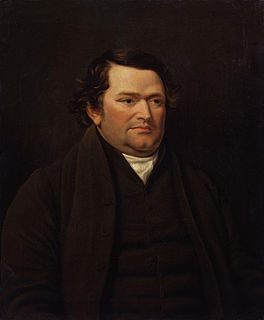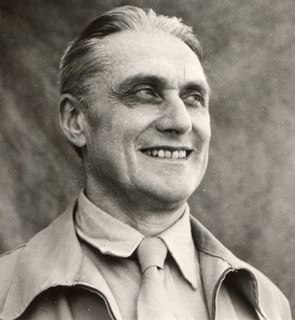A Quote by Benjamin Franklin
Indeed the general natural Tendency of Reading good History, must be, to fix in the Minds of Youth deep Impressions of the Beauty and Usefulness of Virtue of all Kinds, Publick Spirit, Fortitude.
Related Quotes
The education of youth belongs to the priests, yet they do not take so much care of instructing them in letters, as in forming their minds and manners aright; they use all possible methods to infuse, very early, into the tender and flexible minds of children, such opinions as are both good in themselves and will be useful to their country, for when deep impressions of these things are made at that age, they follow men through the whole course of their lives, and conduce much to preserve the peace of the government, which suffers by nothing more than by vices that rise out of ill opinions.
Water is also one of the four elements, the most beautiful of God's creations. It is both wet and cold, heavy, and with a tendency to descend, and flows with great readiness. It is this the Holy Scripture has in view when it says, "And the darkness was upon the face of the deep. And the Spirit of God moved upon the face of the waters." Water, then, is the most beautiful element and rich in usefulness, and purifies from all filth, and not only from the filth of the body but from that of the soul, if it should have received the grace of the Spirit.
Justice is a moral virtue, merely because it has that tendency to the good of mankind, and indeed is nothing but an artificial invention to that purpose. The same may be said of allegiance, of the laws of nations, of modesty, and of good manners. All these are mere human contrivances for the interest of society.
Flamboyance and fortitude, femme and butch-not poses, not stereotypes, but a dance between two different kinds of women, one beckoning the other into a full blaze of color, the other strengthening the fragility behind the exuberance. We who love this way are poetry and history, action and theory, flesh and spirit.
If the state cannot be entirely composed of good men, and yet each citizen is expected to do his own business well, and must therefore have virtue, still inasmuch as all the citizens cannot be alike, the virtue of the citizen and of the good man cannot coincide. All must have the virtue of the good citizen - thus, and thus only, can the state be perfect; but they will not have the virtue of a good man, unless we assume that in the good state all the citizens must be good.
Beauty addresses itself chiefly to sight, but there is a beauty for the hearing too, as in certain combinations so words and in all kinds of music; for melodies and cadences are beautiful; and minds that lift themselves above the realm of sense to a higher order are aware of beauty in the conduct of life, in actions, in character, in the pursuits of the intellect; and there is the beauty of the virtues.
Public virtue cannot exist in a nation without private, and public virtue is the only foundation of republics. There must be a positive passion for the public good, the public interest, honour, power and glory, established in the minds of the people, or there can be no republican government, nor any real liberty: and this public passion must be superiour to all private passions.


































